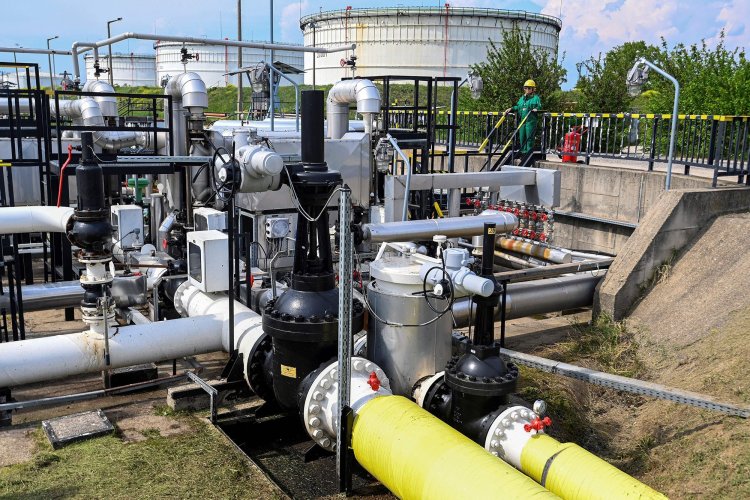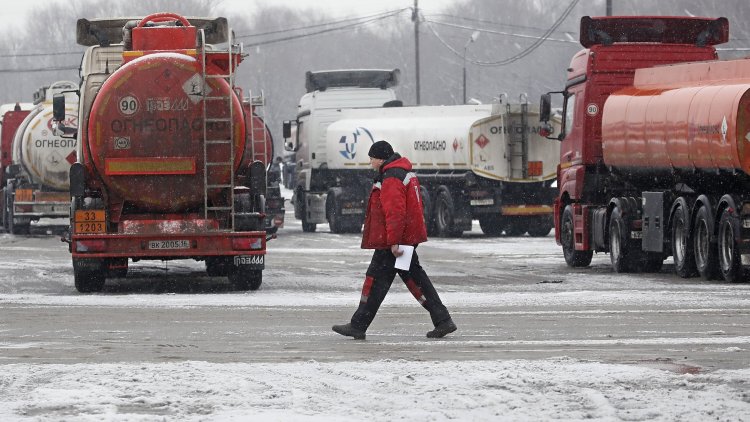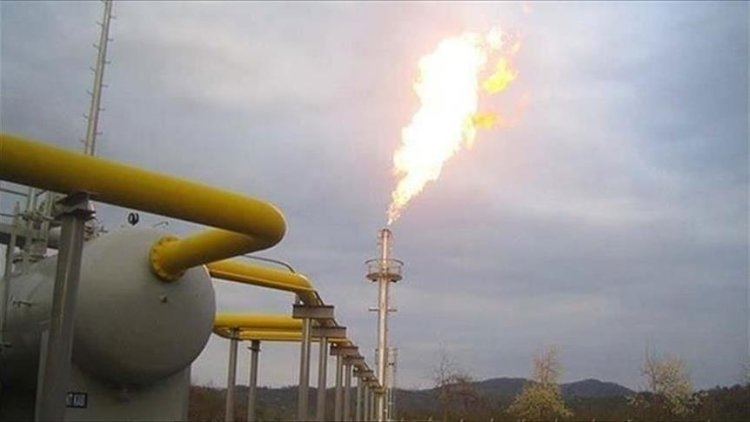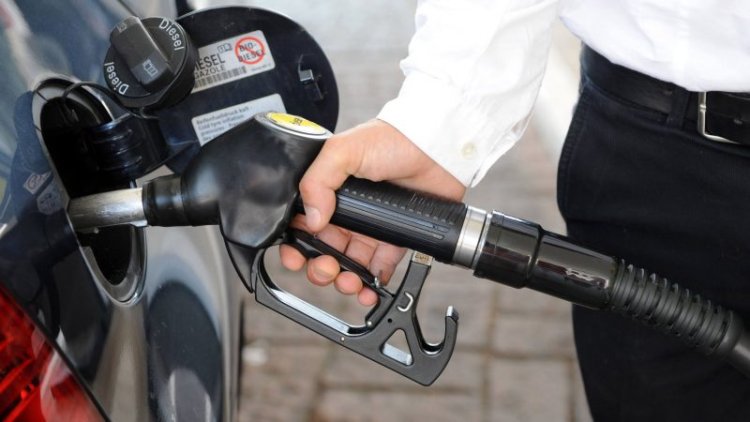€160 million.. Russian losses per day after the diesel ban
Diesel is considered the key to the global economy because it is used to power cars and trucks that transport goods.

Diesel fuel is critical to Europe's economy, as it also powers more than 40% of cars in the European Union.
Two months after the European Union banned most crude oil from Russia, the bloc will extend the ban to include Russian supplies of diesel and petrol, the lifeblood of land and sea transportation.
The comprehensive ban on importing Russian diesel into Europe has come into force, and is one of a wide list of sanctions against Moscow over the Ukraine war, which seeks to strangle the Kremlin financially.

choke energy works
The escalation aims to further strangle Russia's energy business, which leads to its isolation from its most important export market, as sales of petroleum products are critical to financing Russia's budget.
The Spanish newspaper "El Mundo" said the ban came with setting a maximum price limit agreed upon by the allied countries in the Group of Seven.
Dangers of a diesel shortage
But the upcoming Russian fuel shutdown creates risks for motorists and truck drivers in Europe, who could face shortages and higher diesel prices.
Since the beginning of this month, diesel prices in Europe have witnessed successive increases, despite the countries of the continent recording the highest volume of diesel imports during the past month, in more than 10 years, in order to hedge and provide reassuring quantities.

Sweeping shifts in power supply lines
Russia's war in Ukraine and the Western reaction to it have led to sweeping shifts in the global energy supply lines for crude oil and natural gas.
The upcoming ban on Russian petroleum products is expected to put the energy industry in another set of distortions.

€160 million
European Commission President, Ursla von der Leyen, said during her visit to Kiev last week that the energy revenues provided by the European Union to Russia are taking a big hit, hitting the core of the Russian economy by about 160 million euros a day.
Diesel is considered the backbone of the global economy, and Europe still relies heavily on its imports from Russia. According to the data, Europe imported about 220 million barrels of Russian diesel last year, at a rate of 700,000 barrels per day.


 Shrouq
Shrouq 












